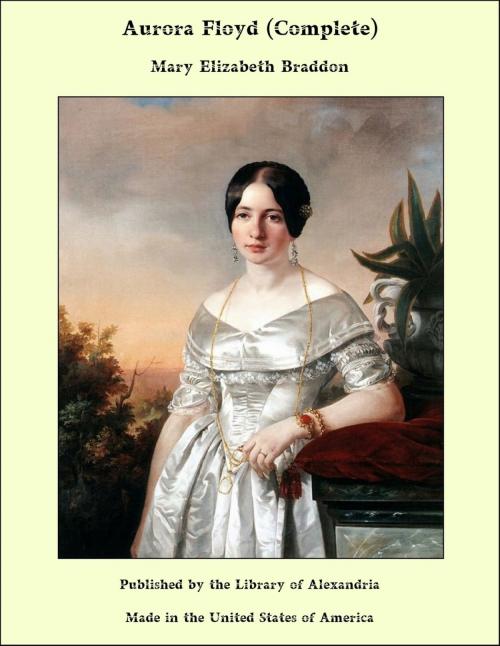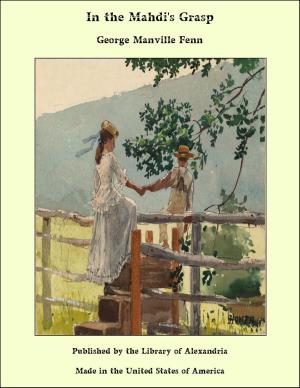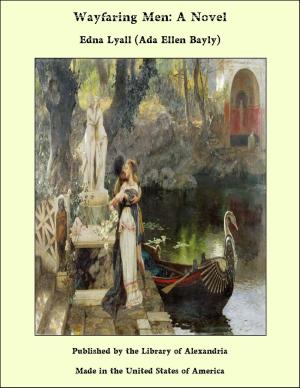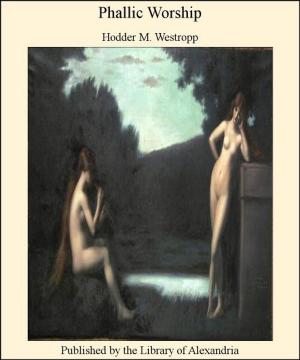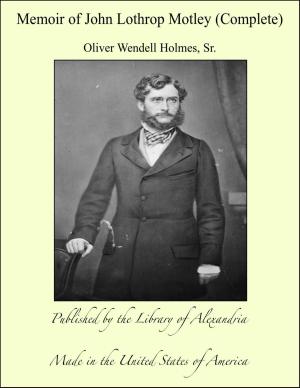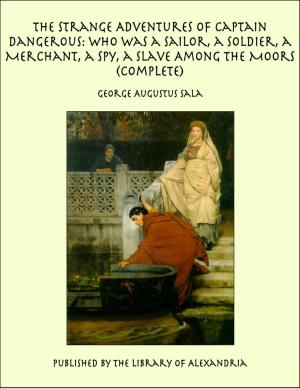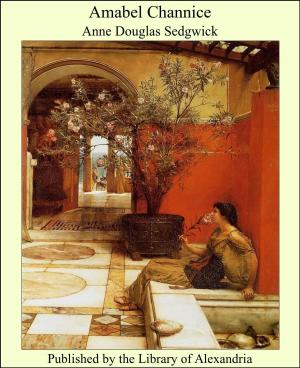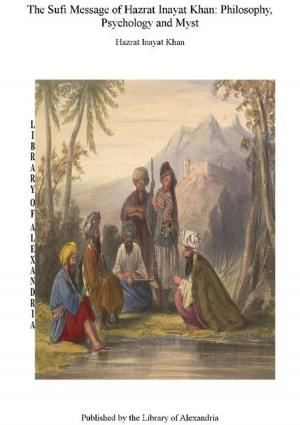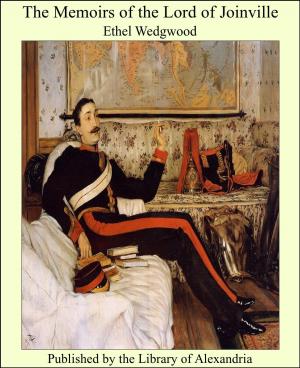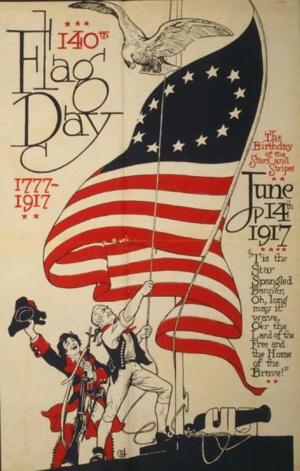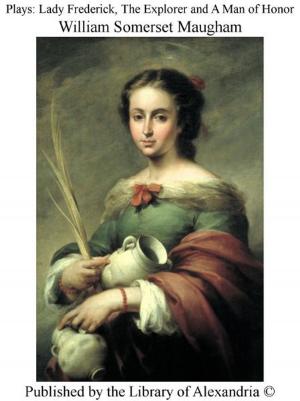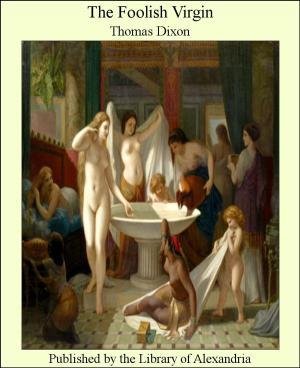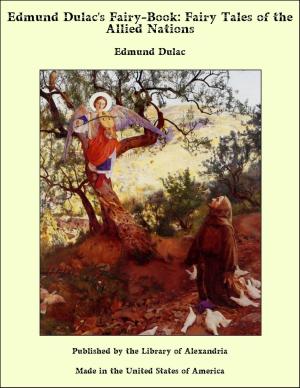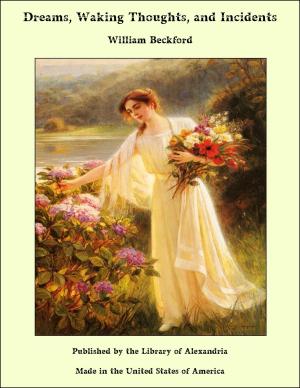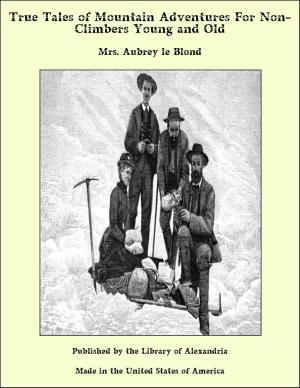| Author: | Mary Elizabeth Braddon | ISBN: | 9781465605320 |
| Publisher: | Library of Alexandria | Publication: | March 8, 2015 |
| Imprint: | Language: | English |
| Author: | Mary Elizabeth Braddon |
| ISBN: | 9781465605320 |
| Publisher: | Library of Alexandria |
| Publication: | March 8, 2015 |
| Imprint: | |
| Language: | English |
Faint streaks of crimson glimmer here and there amidst the rich darkness of the Kentish woods. Autumn's red finger has been lightly laid upon the foliage—sparingly, as the artist puts the brighter tints into his picture: but the grandeur of an August sunset blazes upon the peaceful landscape, and lights all into glory. The encircling woods and wide lawn-like meadows, the still ponds of limpid water, the trim hedges, and the smooth winding roads; undulating hill-tops, melting into the purple distance; labouring men's cottages gleaming white from the surrounding foliage; solitary roadside inns with brown thatched roofs and moss-grown stacks of lop-sided chimneys; noble mansions hiding behind ancestral oaks; tiny Gothic edifices; Swiss and rustic lodges; pillared gates surmounted by escutcheons hewn in stone, and festooned with green wreaths of clustering ivy; village churches and prim school-houses: every object in the fair English prospect is steeped in a luminous haze, as the twilight shadows steal slowly upward from the dim recesses of shady woodland and winding lane, and every outline of the landscape darkens against the deepening crimson of the sky. Upon the broad façade of a mighty red-brick mansion, built in the favourite style of the early Georgian era, the sinking sun lingers long, making gorgeous illumination. The long rows of narrow windows are all a-flame with the red light, and an honest homeward-tramping villager pauses once or twice in the roadway to glance across the smooth width of dewy lawn and tranquil lake, half fearful that there must be something more than natural in the glitter of those windows, and that maybe Maister Floyd's house is a-fire. The stately red-brick mansion belongs to Maister Floyd, as he is called in the honest patois of the Kentish rustics; to Archibald Martin Floyd, of the great banking-house of Floyd, Floyd, and Floyd, Lombard Street, City. The Kentish rustics know very little of this City banking-house, for Archibald Martin, the senior partner, has long retired from any active share in the business, which is carried on entirely by his nephews, Andrew and Alexander Floyd, both steady, middle-aged men, with families and country houses; both owing their fortune to the rich uncle, who had found places in his counting-house for them some thirty years before, when they were tall, raw-boned, sandy-haired, red-complexioned Scottish youths, fresh from some unpronounceable village north of Aberdeen.
Faint streaks of crimson glimmer here and there amidst the rich darkness of the Kentish woods. Autumn's red finger has been lightly laid upon the foliage—sparingly, as the artist puts the brighter tints into his picture: but the grandeur of an August sunset blazes upon the peaceful landscape, and lights all into glory. The encircling woods and wide lawn-like meadows, the still ponds of limpid water, the trim hedges, and the smooth winding roads; undulating hill-tops, melting into the purple distance; labouring men's cottages gleaming white from the surrounding foliage; solitary roadside inns with brown thatched roofs and moss-grown stacks of lop-sided chimneys; noble mansions hiding behind ancestral oaks; tiny Gothic edifices; Swiss and rustic lodges; pillared gates surmounted by escutcheons hewn in stone, and festooned with green wreaths of clustering ivy; village churches and prim school-houses: every object in the fair English prospect is steeped in a luminous haze, as the twilight shadows steal slowly upward from the dim recesses of shady woodland and winding lane, and every outline of the landscape darkens against the deepening crimson of the sky. Upon the broad façade of a mighty red-brick mansion, built in the favourite style of the early Georgian era, the sinking sun lingers long, making gorgeous illumination. The long rows of narrow windows are all a-flame with the red light, and an honest homeward-tramping villager pauses once or twice in the roadway to glance across the smooth width of dewy lawn and tranquil lake, half fearful that there must be something more than natural in the glitter of those windows, and that maybe Maister Floyd's house is a-fire. The stately red-brick mansion belongs to Maister Floyd, as he is called in the honest patois of the Kentish rustics; to Archibald Martin Floyd, of the great banking-house of Floyd, Floyd, and Floyd, Lombard Street, City. The Kentish rustics know very little of this City banking-house, for Archibald Martin, the senior partner, has long retired from any active share in the business, which is carried on entirely by his nephews, Andrew and Alexander Floyd, both steady, middle-aged men, with families and country houses; both owing their fortune to the rich uncle, who had found places in his counting-house for them some thirty years before, when they were tall, raw-boned, sandy-haired, red-complexioned Scottish youths, fresh from some unpronounceable village north of Aberdeen.
